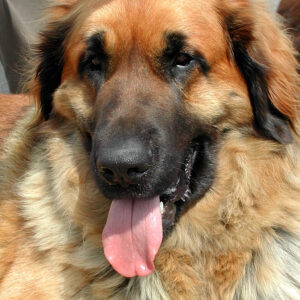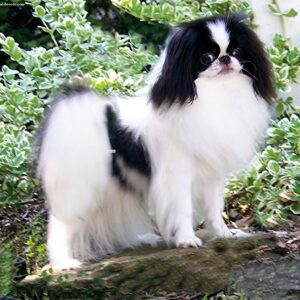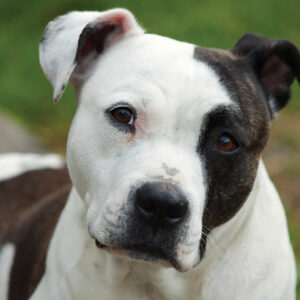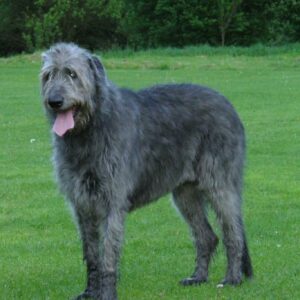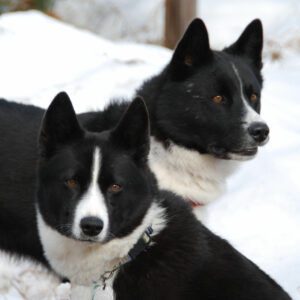Are you looking for an adorable and loving dog breed to add to your family? Look no further than the Bichon Frise! These fluffy, white pups are known for their charming personalities and easy-going nature. In this post, we will explore everything you need to know about the Bichon Frise breed, from their history to their care, to help you decide if this is the right dog for you.
History
The Bichon Frise has a rich and interesting history. Originally from the Mediterranean, this breed was popular among European royalty and aristocracy during the Renaissance period. The breed was often depicted in paintings alongside their wealthy owners. The Bichon Frise was eventually brought to the United States in the 1950s and quickly became a beloved pet.
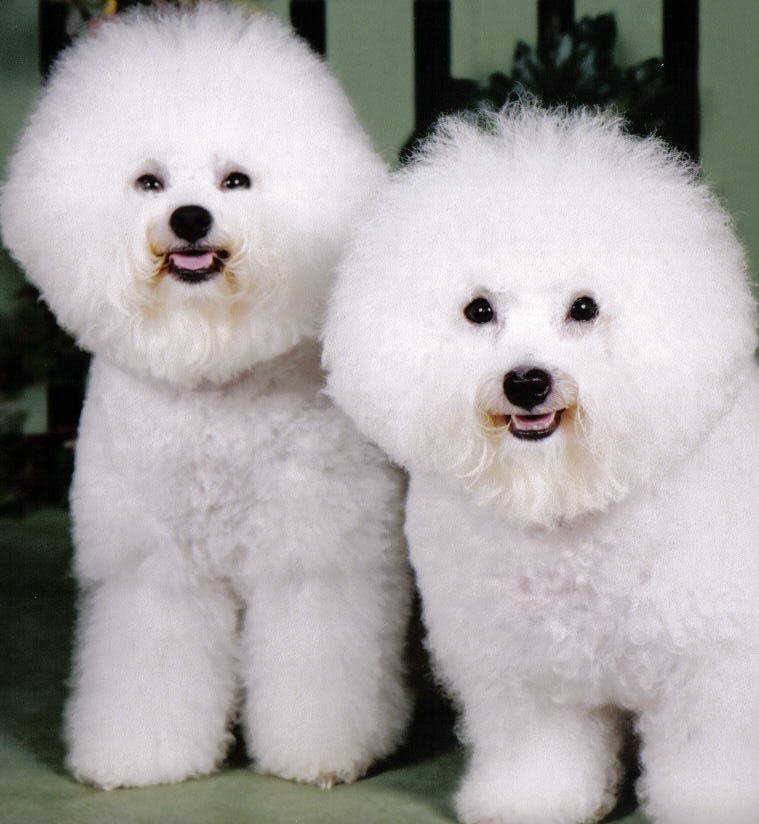
Today, the Bichon Frise is a popular family pet known for their affectionate and playful nature. They are also used as therapy dogs due to their ability to provide comfort and emotional support to their owners.
Location of Origins
The Bichon Frise has its origins in the Mediterranean, specifically on the Canary Islands. They were originally bred as lap dogs for the wealthy and were highly valued for their charming personalities and hypoallergenic coats. The Bichon Frise’s popularity quickly spread throughout Europe, making them a coveted pet among the upper class.

Today, Bichon Frises are found all over the world and are loved by families everywhere. They are highly adaptable and can thrive in any environment, whether it’s a large suburban home or a small apartment in the city.
Characteristics
The Bichon Frise is a small, sturdy dog with a distinctive white, fluffy coat. They have a round head with expressive dark eyes and a black nose. Their coat requires regular grooming to keep it clean and free of matting. In addition to their charming appearance, Bichon Frises are known for their playful and affectionate nature.
These dogs are incredibly intelligent and easy to train. They are also highly social and enjoy spending time with their owners and other pets. However, Bichon Frises can be prone to separation anxiety if left alone for long periods. They thrive on human interaction and need plenty of exercise and mental stimulation.
In terms of health, Bichon Frises are generally a healthy breed with few genetic health issues. However, they are prone to dental problems, so regular teeth cleanings are important for their overall health.
Choosing the Best Foods
When it comes to feeding your Bichon Frise, it’s important to choose a high-quality dog food. These dogs have sensitive stomachs and can be prone to food allergies. Look for a dog food that is specifically formulated for small breeds and make sure to read the ingredients carefully.
Feed your Bichon Frise a balanced diet of protein, carbohydrates, and healthy fats. You can also supplement their diet with fresh fruits and vegetables, such as carrots and green beans. Avoid feeding your Bichon Frise table scraps or human foods, as these can cause upset stomachs and weight gain.
Training
Training a Bichon Frise is relatively easy thanks to their intelligence and eagerness to please. These dogs respond well to positive reinforcement training methods, such as treats and praise. Socialization is also important for Bichon Frises, as they can be prone to shyness around strangers.
Start training your Bichon Frise early and be consistent with your commands. These dogs are quick learners and enjoy learning new tricks and commands. A well-trained Bichon Frise is a joy to have around and makes for a great family pet.
Taking Care
Maintaining your Bichon Frise’s appearance is easy with regular grooming. These dogs require daily brushing to keep their coat clean and tangle-free. You should also trim their nails regularly and clean their ears to prevent infection.
When it comes to exercise, Bichon Frises require daily walks and playtime to keep them mentally and physically stimulated. They are adaptable to almost any living situation, but they do require regular exercise to prevent boredom and destructive behavior.
FAQs
Q. Are Bichon Frises hypoallergenic?
A. Yes, Bichon Frises have a hypoallergenic coat that produces minimal dander, making them a great choice for allergy sufferers.
Q. How often should I groom my Bichon Frise?
A. Bichon Frises require daily grooming to keep their coats clean and tangle-free.
Q. Are Bichon Frises good with children?
A. Yes, Bichon Frises are known for their friendly and sociable personalities and usually get along well with children.
Conclusion
Bichon Frises make fantastic family pets thanks to their affectionate and playful nature. These dogs are easy to train and require minimal exercise, making them well-suited for apartment living. As always, it’s important to do your research before bringing a Bichon Frise into your home.

